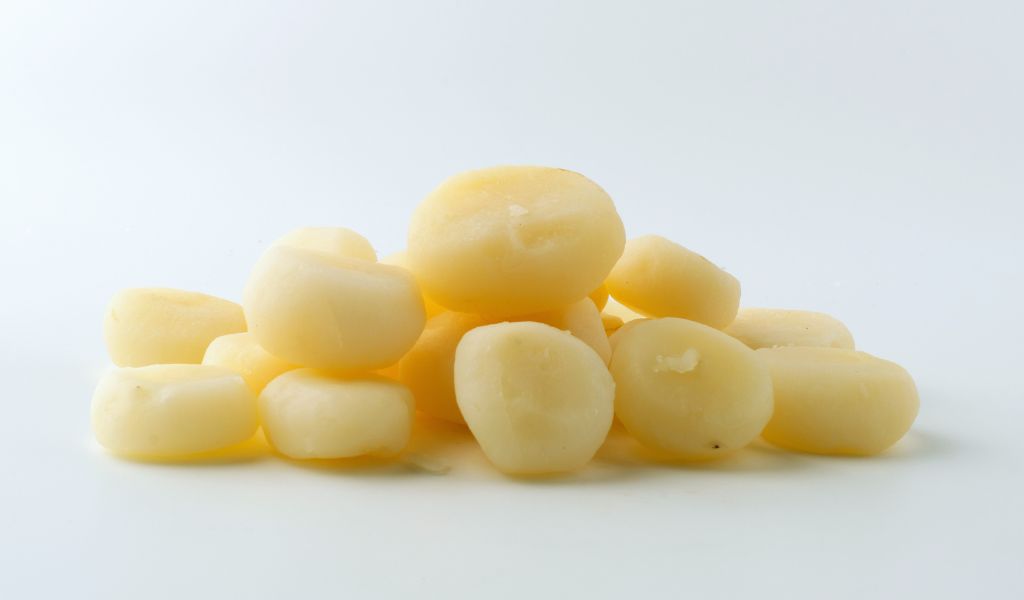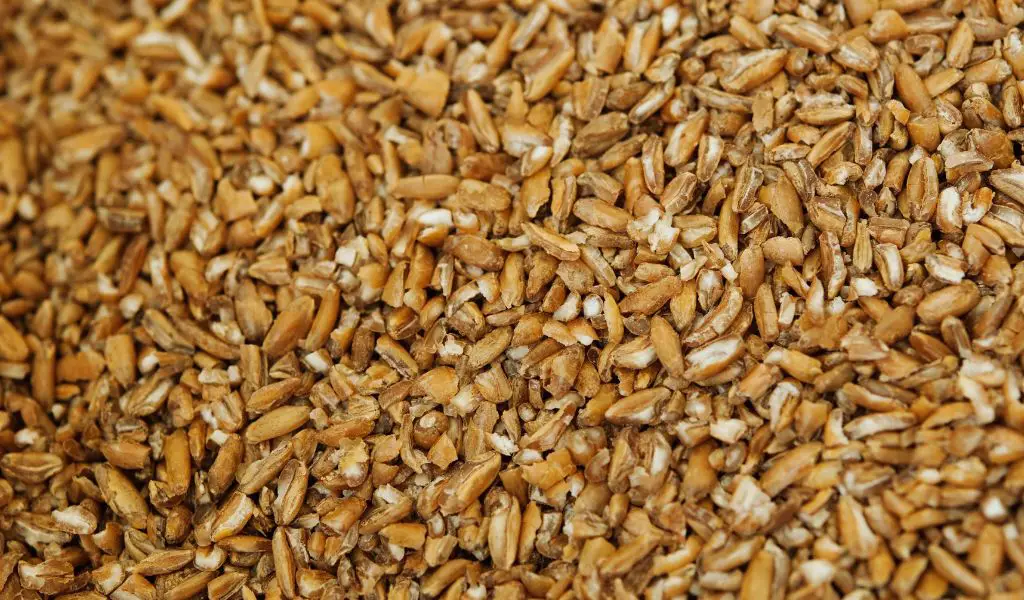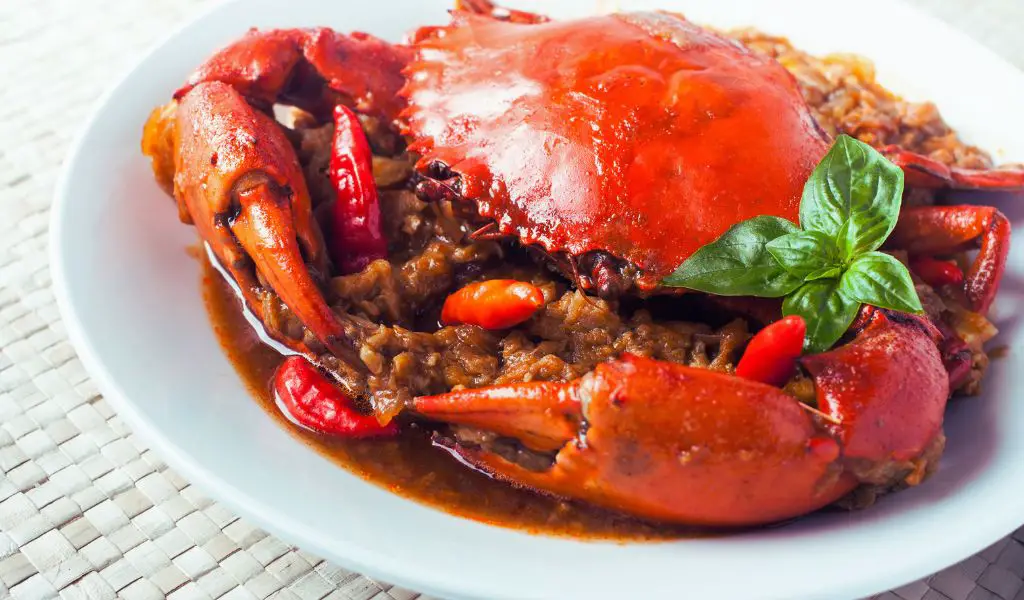Yes, dogs can eat water chestnuts. These crunchy tubers are generally safe for dogs to consume in moderation. However, it’s important to remember that water chestnuts should always be served plain, without any seasoning, additives, or oils.
Dos
- Serve plain, cooked water chestnuts: Ensure that water chestnuts are cooked thoroughly and served plain, without any added spices, salt, or seasonings.
- Moderation is key: Water chestnuts should be given to dogs as an occasional treat and not as a staple in their diet.
- Watch for any adverse reactions: Introduce water chestnuts gradually into your dog’s diet and observe for any signs of digestive upset or allergic reactions. If any negative symptoms occur, discontinue feeding water chestnuts and consult a veterinarian.
Don’ts
- Avoid canned water chestnuts: Canned water chestnuts often contain additional ingredients like salt or preservatives, which can be harmful to dogs.
- Say no to seasonings: Spices, oils, or other flavorings should be strictly avoided when serving water chestnuts to dogs.
- Beware of choking hazards: As with any food, make sure to slice water chestnuts into small, bite-sized pieces to prevent choking or gastrointestinal blockages.
Can water chestnuts be toxic to dogs?
Water chestnuts themselves are not toxic to dogs. However, the seasoning or preparation methods can make them unsafe for canine consumption.
Are there any health benefits to feeding water chestnuts to dogs?
Water chestnuts are low in fat, rich in fiber, and contain essential nutrients like potassium and vitamin B6. However, dogs can obtain these nutrients from their regular diet, so water chestnuts should only be considered as an occasional treat.
Can puppies eat water chestnuts?
It’s generally best to wait until puppies have reached a certain age and have a fully developed digestive system before introducing new foods. Consult your veterinarian before giving water chestnuts or any new food to a puppy.
Conclusion and final thoughts 💭
In conclusion, dogs can enjoy water chestnuts as an occasional treat, but it’s important to serve them plain, without any seasoning or additives.
Remember to exercise moderation and monitor your dog for any adverse reactions.
If you have any concerns or questions, consult your veterinarian for guidance on your specific dog’s dietary needs.




